TBI Special Reports: 8 Defining Milestones In India’s Social Enterprise Landscape
As India celebrates its 67th year of freedom, we wished to pause and reflect on eight milestones that have played an important role in shaping India’s social enterprise landscape and the lessons they teach us.
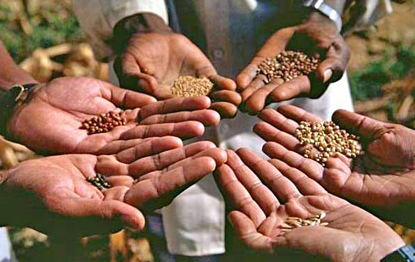
Poverty is unnecessary” – Mohammad Yunus
In India, this quote by Yunus continues to be relevant even today as a majority of its population battles poverty. Socially focused ventures that provide innovations for low-income markets and create opportunities for a better lifestyle have however made significant progress in fighting this battle – especially since India got independence from colonial rule in 1947.
As India celebrates its 67th year of freedom it seems poignant to therefore pause and reflect on eight milestones that have played an important role in shaping India’s social enterprise landscape and the lessons they teach us. This list is by no means exhaustive, but rather an open invitation for dialogue and sharing of ideas.
1. Founding of Amul Dairy Co-operative (1946 – 1950)
The founding of the Kaira District Co-operative Milk Producers Union in 1946 and the Amul Dairy in 1950 has over the years given thousands of dairy farmers access to a wide range of domestic markets and spurred India’s milk revolution. The diagram below explains in detail how the Amul co-operative benefits numerous dairy farmers across India.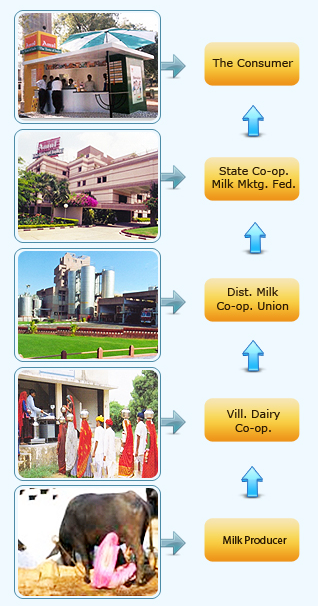
Amul demonstrated that the elimination of middlemen and the professional management of milk procurement could result in low-income farmers getting access to new markets thereby lifting them out of poverty. While Amul was not conceived as a social enterprise, it is a historic example of supply chain management that is relevant even today.
2. Beginnings of Fabindia (1960)
Founded by John Bissell to market the diverse craft traditions of India, Fabindia started as a company exporting home furnishings. By linking over 80,000 craft based rural producers to modern urban markets, Fabindia impacted rural artisans at a scale similar to that of Amul for dairy farmers.
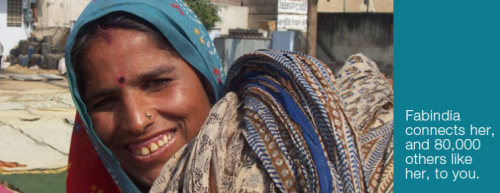
Fabindia’s unique ‘community owned company’ model that promotes inclusive capitalism can be credited for the impact they have created. By providing a minimum 26% shareholding to companies co-owned by artisan communities, Fabindia not only offered artisans a regular income but also dividends from the company’s growth. Today, with a pan-India presence, Fabindia is the largest private platform for products that derive from traditional crafts and knowledge.
3. Founding of Ashoka in India (1981)
Ashoka laid the foundation for the concept of social entrepreneurship around the world and started working in India in 1981. Their yearly batches of Changemakers – a community of social entrepreneurs that work to launch, refine and scale high potential ideas for low-income markets – has proven to be a successful model that has been adopted by several accelerators globally.
Ashoka’s establishment in India highlighted the importance of non-financial support in the form of networks, mentors and beyond to accelerate the growth of entrepreneurs working with innovations for low-income markets. Since inception in India, Ashoka has identified and worked with more than 350 fellows with innovative solutions from diverse fields and provided them access to funding, expertise and the global networks necessary to grow operations and scale impact.
4. Establishment of SELCO Solar (1995)
SELCO Solar was established with the mission to dispel the myth that low-income communities cannot afford or maintain sustainable technologies. SELCO resolved this challenge by not only creating low-cost solar solutions for lighting, water pumping and computing but also by providing a complete package of product, service and consumer financing through grameena banks, cooperative societies and micro finance institutions.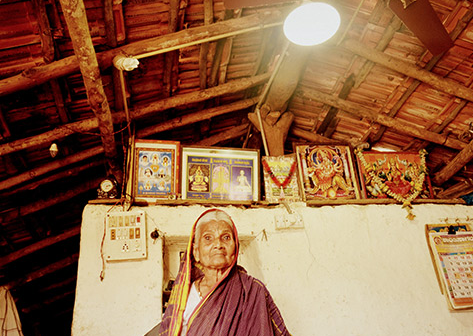
In a time when only a limited amount of financial and non-financial support was available to socially focused entrepreneurs and affordable solar power was a distant dream even in developed countries, SELCO not only sold and serviced solar lighting systems but also developed and scaled a business model for bringing rural services to poor families. In the past 18 years, SELCO has sold over 1,35,000 solar home lighting systems.
5. India’s First Impact Investments (2001)
It was in 2001 that Acumen Fund, a powerful catalyst for socially focused ventures internationally, brought its approach to India and made its debut investment in Aravind Eye Hospital. Acumen went on to open its India office in 2006 and has since invested USD$36 million in 26 different social companies in India.
In the same year, Vineet Rai also founded Aavishkaar, India’s first for-profit impact investment fund. Aavishkaar now oversees four investment funds and over 25 portfolio companies across sectors such as agriculture, dairy, healthcare, water, sanitation and beyond in India.

The introduction of both Aavishkaar and Acumen in India showcased the demand for early-stage investments in socially focused enterprises to scale both operations and social impact.
6. Social Enterprise Reaches Indian Universities (2007)
Education has often been seen as a stepping-stone towards positive change. The introduction of the Masters in Social Enterprise at one of India’s leading academic schools, the Tata Institute of Social Sciences in 2007 heralded a small but growing trend to provide formal training for entrepreneurs aspiring to create social change.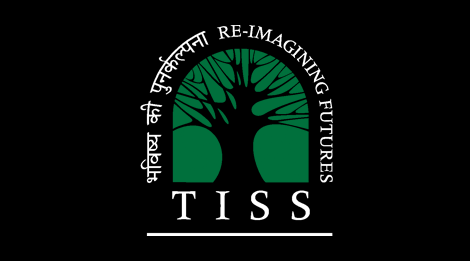
The founding of this masters program raised the academic profile for social enterprise as a career and created a viable pathway for the next generation of socially focused leaders.
7. Introduction of Events that Fostered the Social Enterprises Eco-system (2009)
Sankalp Forum’s annual summit in 2009 was the first such event of its kind in India that brought together multiple stakeholders such as entrepreneurs, investors, experts and development partners to review the progress made within the sector and to set course for the future. It was initiated with the vision of catalyzing impact investments into social enterprises globally and has today evolved into a community of over 350 socially focused enterprises, 300 investors and 300 sector stakeholders.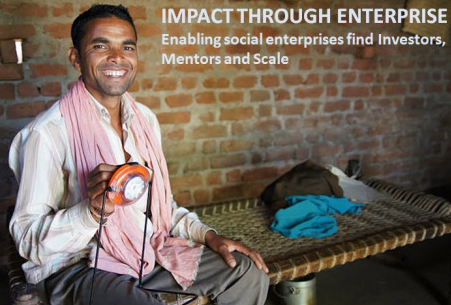
The popularity of Sankalp Forum brought to the forefront the importance of local and regional events for the convergence of global knowledge and investment dialog necessary to further the inclusive ecosystem in India.
8. Passing of the Companies Bill (2013)
The passing of the Companies Bill and along with it the mandatory 2% of profits spend on CSR activities is a historic piece of legislation. While the impact of this spend has been a topic of much debate, including criticism that CSR is simply a public relations exercise, the new bill is an opportunity for Indian corporates to embrace a few large social problems that government benefits have been unable to resolve satisfactorily.

Moreover, the bill is aimed at providing important financial resources to NGO’s, social enterprises as well as incubators and accelerators with the ultimate intention being for corporates to play a greater role in eradicating social problems such as hunger and lack of education which continue to fester in India.
—————————————————————————————————————
Steve Jobs – though unrelated to social enterprise – stated, “You can’t connect the dots looking forward; you can only connect them looking backwards. So you have to trust that the dots will somehow connect in the future.”
Similarly, not only do these eight milestones define India’s social enterprise landscape but they also act as important opportunities for reflection on the way forward – for entrepreneurs, investors, accelerators and governments alike.
We reiterate that we do not consider this a comprehensive list, and would love to hear from our readers on what they think have been milestones impacting the social enterprise and developmental landscape in India.
This story made me
- 97
- 121
- 89
- 167
Tell Us More
We bring stories straight from the heart of India, to inspire millions and create a wave of impact. Our positive movement is growing bigger everyday, and we would love for you to join it.
Please contribute whatever you can, every little penny helps our team in bringing you more stories that support dreams and spread hope.



















